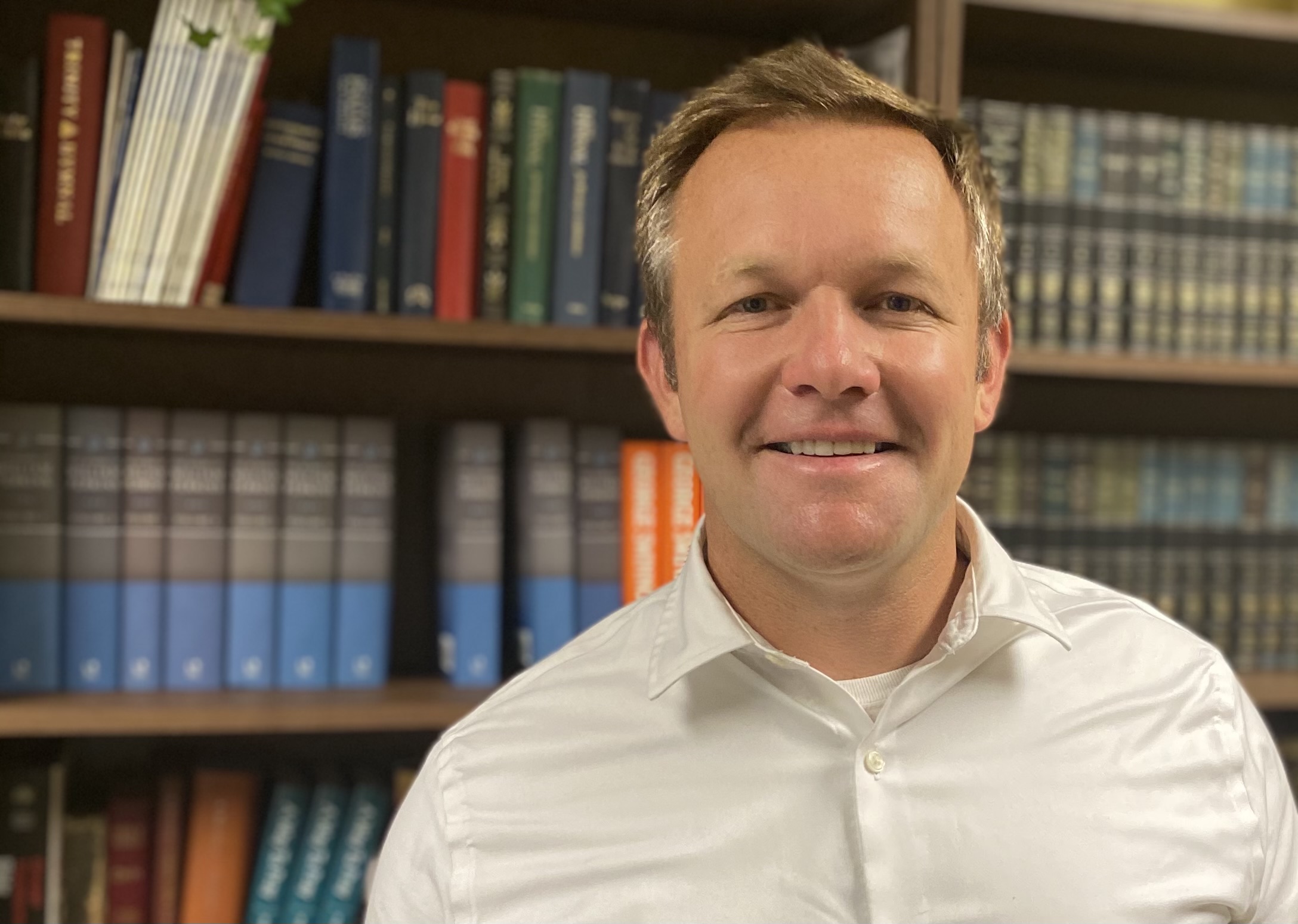Godly Men, Godly Care: Leading with Biblical Wisdom
- Jesse Crutchley

- Oct 22, 2025
- 4 min read

I entered a long-term pastoral internship in late 2008 under a very serious pastor. Nicknamed "The Captain" and known as "Arch,” he was a former Navy Pilot and project manager for the Sidewinder missile project. I didn't know it at the time, but I was part of his retirement plan. He would train me and recommend that the congregation offer me a pastoral call. His plan worked, but it took a lot of effort on both of our parts.
He showed another side of himself, however, during a dinner at his home. My wife and I joined Arch, his wife Judy, and his grandson. The young man struggled with his manners at the table. I thought, "He better straighten up. Doesn't he know who his grandfather is and the standards he has?" As the evening went on, I never saw the serious, grave, and rigorous mentor that I knew. Every word to his grandson was patient. He corrected him when needed, but even that was with a relaxed gentleness. Arch’s gentle correction of his grandson contrasted sharply with his rigorous training of me, leaving me puzzled.
A few months later I came across some Bible passages and articles in the Westminster Standards that made sense of what I saw. My mentor--as usual--was setting an example for me of true wisdom, wisdom that every man needs to hear: Christian leaders exercise individual care. Arch sought to raise up both his grandson and me in the nurture and admonition of the Lord. He knew that a 5-year-old and a grown man with 4 children succeeding him as senior pastor required different guidance.
The apostle Paul instructed the leaders in Thessalonica to take the same approach. Paul wrote, "Now we exhort you, brethren, warn those who are unruly, comfort the fainthearted, uphold the weak, be patient with all" (1 Thessalonians 5:14). Paul wanted the Thessalonian congregation to have a healthy community. Accordingly, Paul told them to give tailored help. Notice that the medicine fits the disease. They warn the unruly. They comfort the fainthearted. They uphold the weak. They don't uphold or comfort the unruly. That would feed and make their rebellion strong. They don't warn the fainthearted. They would collapse. Paul encourages them with a focused love.
We see a similar lesson from the preacher in Ecclesiastes. A summary is given in verse 1 saying, "There is a season, a time for every purpose under heaven" (Ecclesiastes 3:1). Applied to our topic, The preacher calls the wise to acknowledge the season. Some are in the spring of life as young children. Some have grown older and face the winter of human miseries. We tend to each with a special hand.
The exposition of the 5th commandment in the Westminster Larger Catechism implies the same thinking. The Westminster Divines rightly understood mother and father in the 5th command to mean not just natural parents, but all superiors. They developed this by dividing all social relationships (not ontological) into 3 kinds: superiors; inferiors; and equals.
Q. 127 What is the honour that inferiors owe to their superiors?
A. The honour which inferiors owe to their superiors is, all due reverence in heart, word, and behaviour; prayer and thanksgiving for them…
Q. 129 What is required of superiors towards their inferiors?
A. It is required of superiors, according to that power they receive from God, and that relation wherein they stand, to love, pray for, and bless their inferiors…
Q. 131 What are the duties of equals?
A. The duties of equals are to regard the dignity and worth of each other, in giving honour to go one before another; and to rejoice in each others’ gifts and advancement, as their own.
Those are just a portion of Questions 127, 129, and 131. I encourage you to read them in their entirety.
Now, here is the basic question of this article: As a Christian man, how does Christ call you to care for people? Are you inappropriately rigorous with your younger children? Paul in Ephesians 6 describes your "care" as exasperating. What about your care for your older children? Do you infantilize your boys who are really men? What about your daughters? What is your relationship with your wife? What about when she has the flu or had a bad day? Do you care for her with Christian wisdom? What about the very different situation of lawful defense? Are you ready to warn and pacify the unruly who threaten your family? A biblical man is called to have all those tools in his toolbelt and more. It’s what care looks like.
If you are like me, your answer is, “Forgive me Lord. For I have sinned.” The good news is that not only in Jesus Christ do we have forgiveness, we also have a sanctifying Savior. He knows just what you need. He will act at just the right season.
When Arch retired and I took the pulpit, he no longer commanded me to do anything. He offered me godly counsel. Why? Because I am no longer an intern. I am his fellow pastor. He cares for me consistent with the Scriptures. He relates to me with confessional integrity. He still demonstrates the wisdom we all need and the wisdom that Jesus Christ is willing to give.
Jesse Crutchley serves as pastor of Severn Run Evangelical Presbyterian Church (PCA) and holds a Master of Divinity from Greenville Presbyterian Theological Seminary. He also serves on the Greystone Theological Institute Ministerial Council and as the director of the Greystone Chesapeake Learning Community. Jesse and his wife have 4 children and live in Annapolis, Maryland (Go Navy!). You can find Jesse on Substack.



Comments